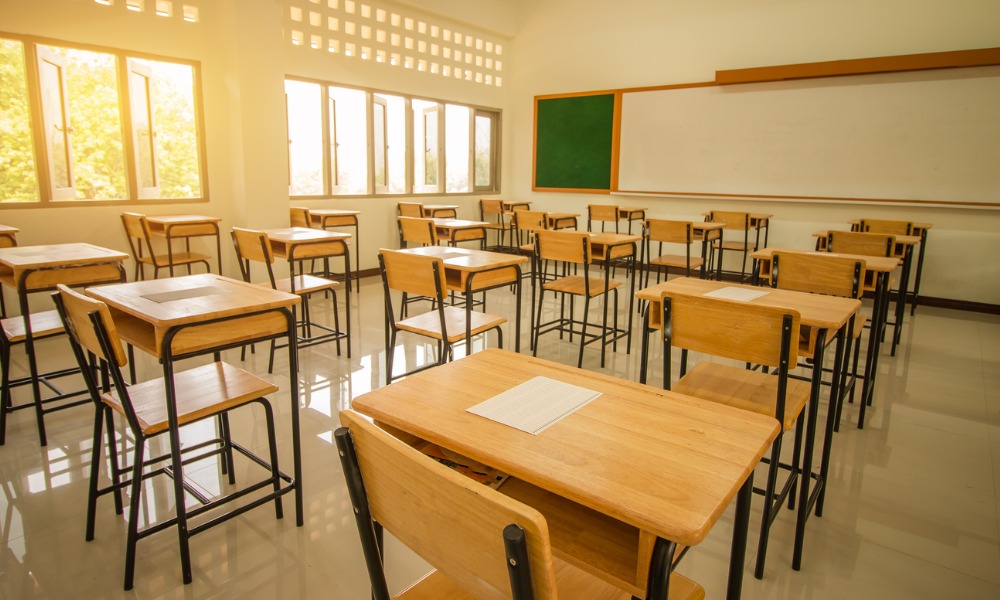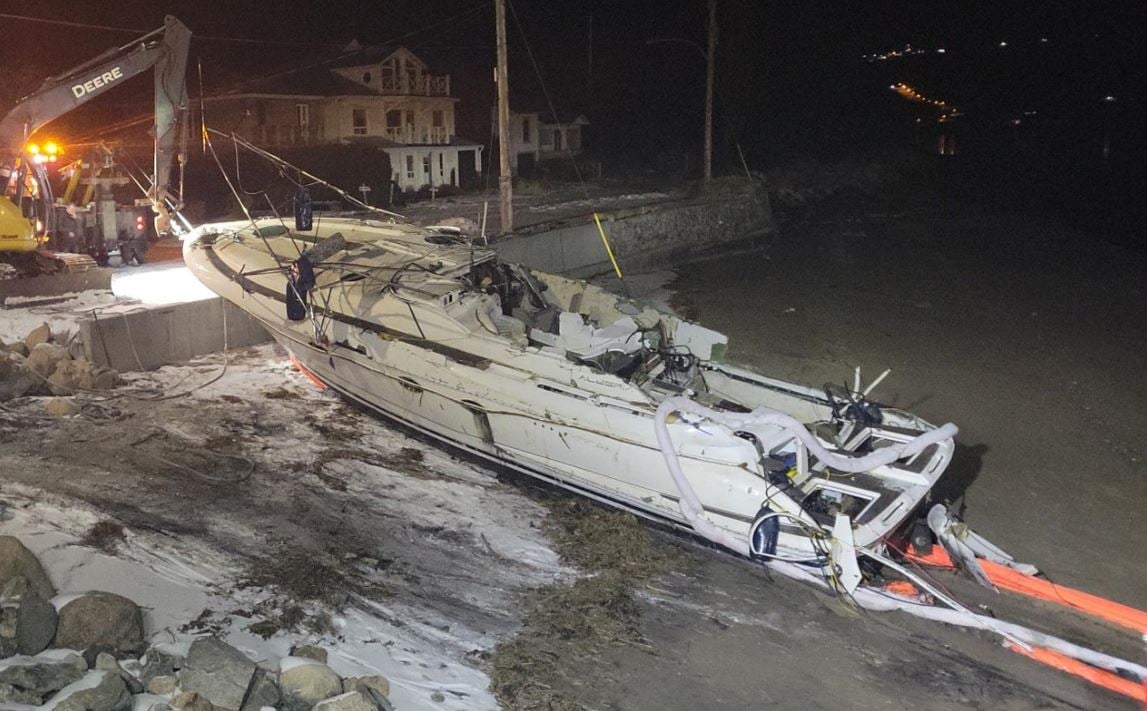Nova Scotia union leader says 'they're getting abused at work'

In a climate of escalating violence within Nova Scotia's public schools, the recently released "Safe Staff, Safe Schools" report paints a troubling picture of the working conditions faced by school support staff. Nelson Scott, the chair of the Nova Scotia School Board Council of Unions (NSBCU) and president of CUPE Local 5050, emphasizes that violence in schools is at an all-time high, with support staff bearing the brunt of this crisis.
"We've been noticing that the violence is climbing rapidly against support staff," says Scott. According to the report, incidents of school violence have skyrocketed by 60% over the past seven years, from 17,000 in the 2016-17 school year to a staggering 27,000 in 2022-23. Scott underscores the gravity of the situation, noting that many workers are reaching a breaking point. "People just are getting sick. They don't want to go to work anymore because they're getting abused at work," he reveals.
The reasons behind this surge in violence remain unclear, with Scott admitting that even those at the forefront of the issue are at a loss for definitive answers. "We don't know exactly why the reasons are they're so high, but it's to the point where we're scared, they're going to get higher and we're not going to be able to retain workers," he states. Scott suggests that further studies are needed to identify the root causes of the violence and to develop targeted interventions.
However, while the cause of the violence remains ambiguous, the report sheds light on a critical failure in the reporting mechanism for violent incidents. Scott highlights that the current system, known as PowerSchool, is primarily accessible to teachers, leaving support staff dependent on overburdened educators to report incidents on their behalf. "They should have access to a program to report their violence themselves. Instead of going through somebody else... they should be able to do it themselves," Scott argues. This reliance on a third party for reporting often results in incidents being underreported or overlooked entirely.
The flawed reporting system, Scott notes, contributes to a broader issue of inadequate response and support for those experiencing violence. He stresses the need for a more robust support structure for all staff in schools. "There needs to be a better support program set up for the teachers and CUPE support staff...something so minor to you and I may be somewhat major to them, and I think we need to understand the process a lot better," he explains.
Scott's concerns extend to the broader culture within schools, where occupational health and safety (OHS) measures are not being taken as seriously as they should. "OHS is a very serious concern. It saves people's lives at the end of the day if it's done right and corrected...some people don't take it as seriously as they should," Scott says, pointing to a systemic issue that jeopardizes the safety of staff and students alike.
As the school year approaches, Scott and his colleagues are pushing for immediate action to address the deficiencies highlighted in the report. They are calling for the implementation of a direct reporting mechanism for support staff, improved safety protocols, and a comprehensive strategy to mitigate violence in schools.
In closing, Scott reflects on the urgent need for change: "We're doing everything we can to try to make a difference and make it better for them to go to work and make them feel like they're in a safe and inclusive environment." The "Safe Staff, Safe Schools" report is not just a call to action for policymakers but a plea from those on the front lines for a safer, more supportive working environment.





